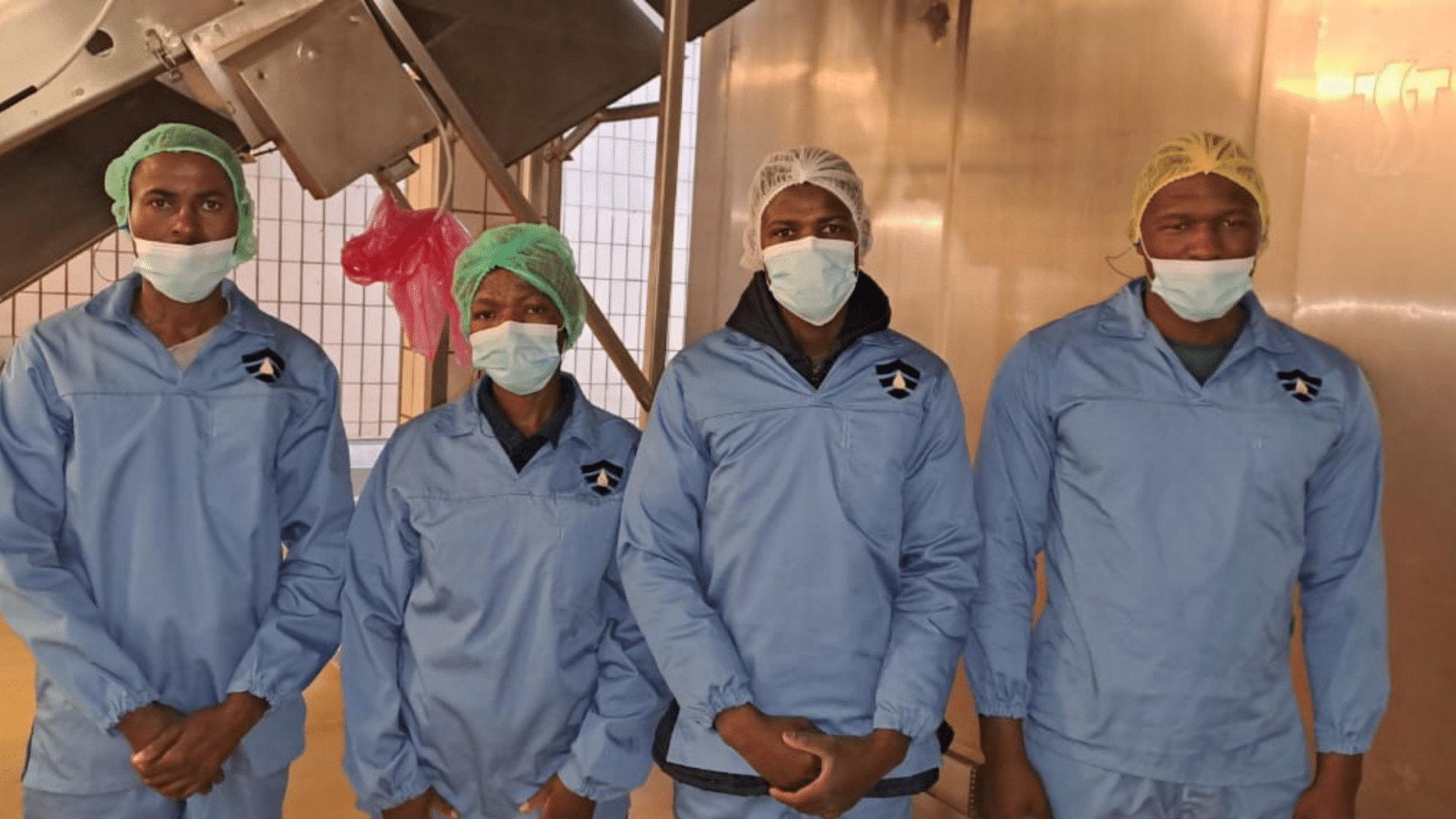Maintaining optimal hygiene standards in a food and beverage manufacturing plant is a non-negotiable requirement. This critical aspect ensures not only the quality and food safety of products but also regulatory compliance. Maintaining hygiene standards through a reactive vs proactive approach can significantly impact a facility’s efficiency, costs, and reputation.
Reactive vs. Proactive Maintenance
Reactive maintenance, while addressing issues as they arise, often leads to increased downtime, unexpected expenses, and potential regulatory violations. On the other hand, proactive cleaning procedures, as exemplified by a software system like I-Clean, takes a forward-thinking approach. It emphasizes anticipating problems, preventing breakdowns, and optimizes operational efficiency.
Implementing a proactive cleaning maintenance system can increase efficiency whilst decreasing costs through the following:
- Preventative Maintenance: By identifying and addressing issues before they escalate, a proactive maintenance system helps prevent larger problems from disrupting operations or leading to expensive repairs. Addressing issues promptly can reduce downtime and associated costs.
- Efficiency and Productivity: Streamlining cleaning processes through real-time monitoring, accurate records, and automated reports reduces the time spent on manual record-keeping and repetitive tasks. This efficiency can lead to increased productivity among cleaning staff and other operational teams.
- Compliance and Avoidance of Penalties: Ensuring compliance with hygiene and safety regulations prevents potential fines and penalties from being imposed for non-compliance. Avoiding legal issues ensures both cost saving as well as negating damage to your company’s reputation.
- Reduced Equipment Downtime and Maintenance Costs: Regular and effective cleaning practices can prolong the lifespan of machinery and equipment. A proactive approach to maintenance reduces the chances of equipment breakdowns due to neglect, saving on repair and/or replacement costs.
- Resource Optimization: By identifying top cleaning issues and analyzing trends, a proactive system such as I-Clean helps in optimizing the use of cleaning supplies, reducing waste, and unnecessary expenditure on excess resources.
- Improved Operational Efficiency: A clean and well-maintained facility often operates more efficiently. It can lead to improved product quality, reduced rework, and fewer errors, ultimately saving costs associated with product defects or recalls.
- Data-Driven Decision Making: Analyzing trends and patterns in cleaning can lead to data-driven decisions that optimize processes and resource allocation, reducing unnecessary expenses and enhancing overall operational efficiency.
Our signature I-Clean Management System offers a proactive approach that eliminates human error and identifies potential issues early to enable prompt corrective actions that prevent minor issues from escalating.
The I-Clean system generates detailed cleaning reports, providing crucial data necessary for proactively maintaining food safety and regulatory compliance. These in-depth reports offer a comprehensive overview of the facility’s cleanliness, empowering informed decision-making of optimal efficiency.
Overall, the I-Clean Management System ensures consistent hygiene standards at food processing facilities, proactively safeguarding your brand and maintaining food safety within your facility.
Contact us to learn how our proactive approach can assist your facility: https://advancedcleaning.co.za/contact-us/
